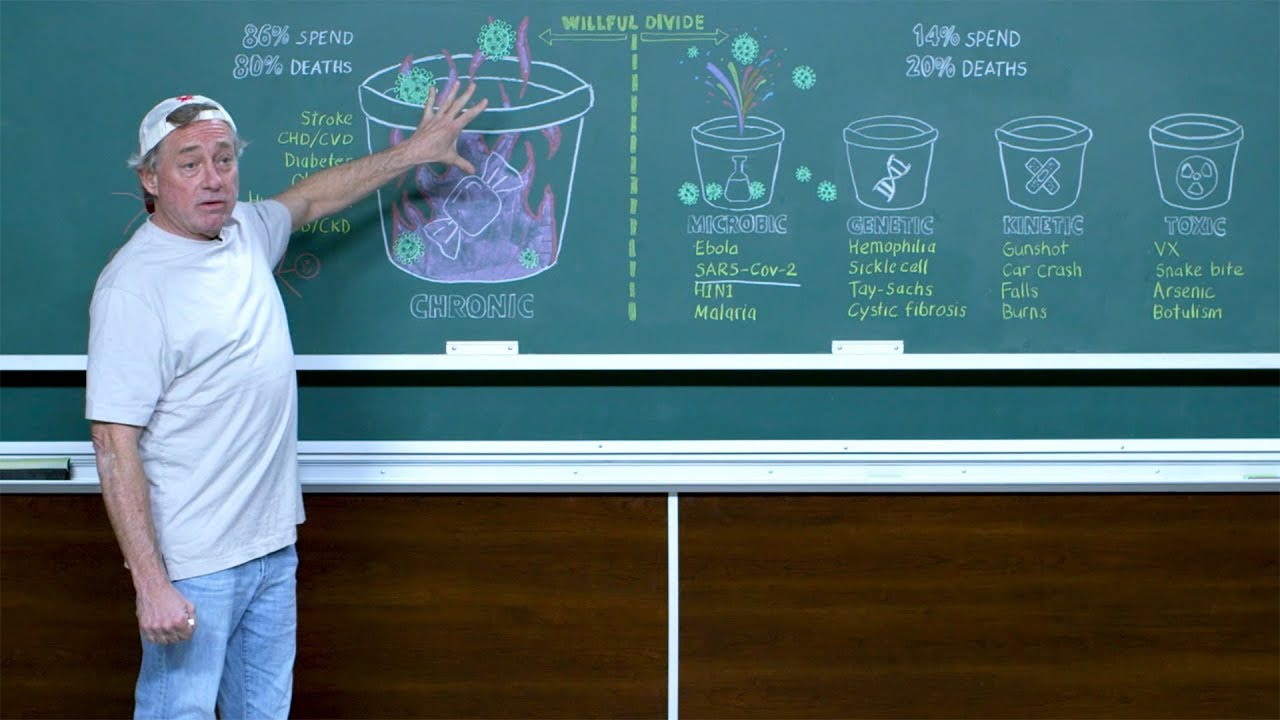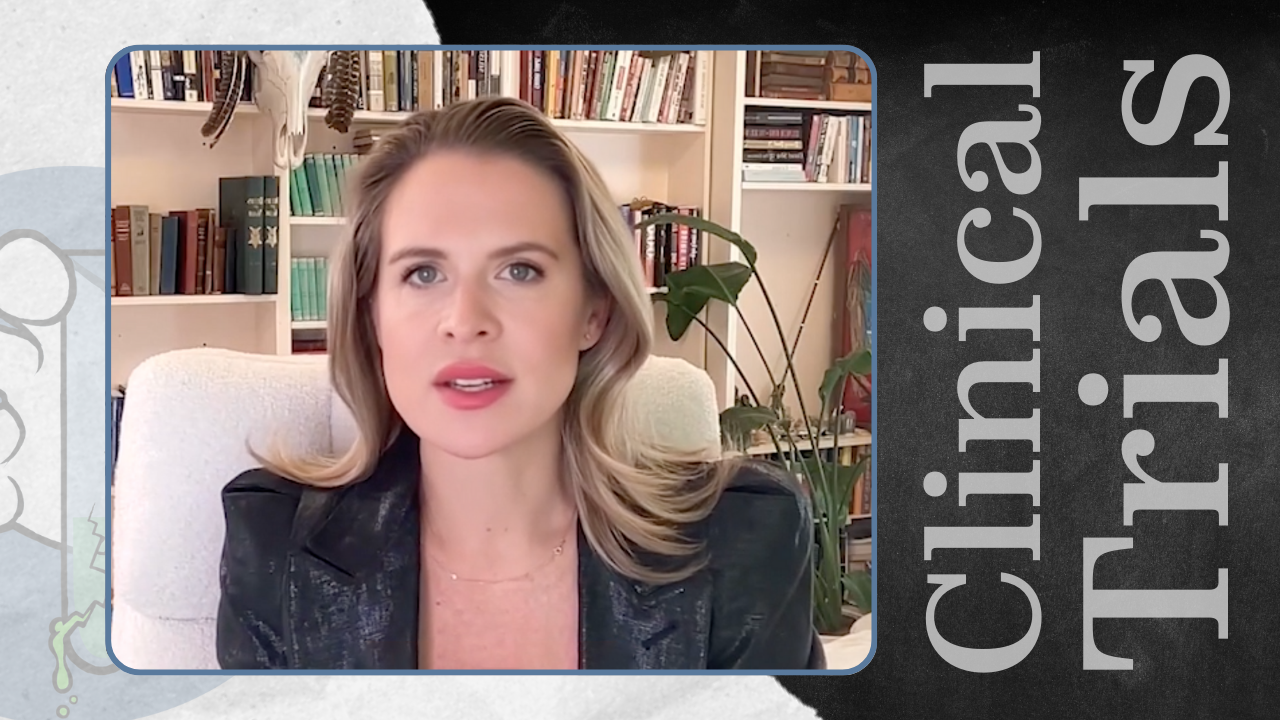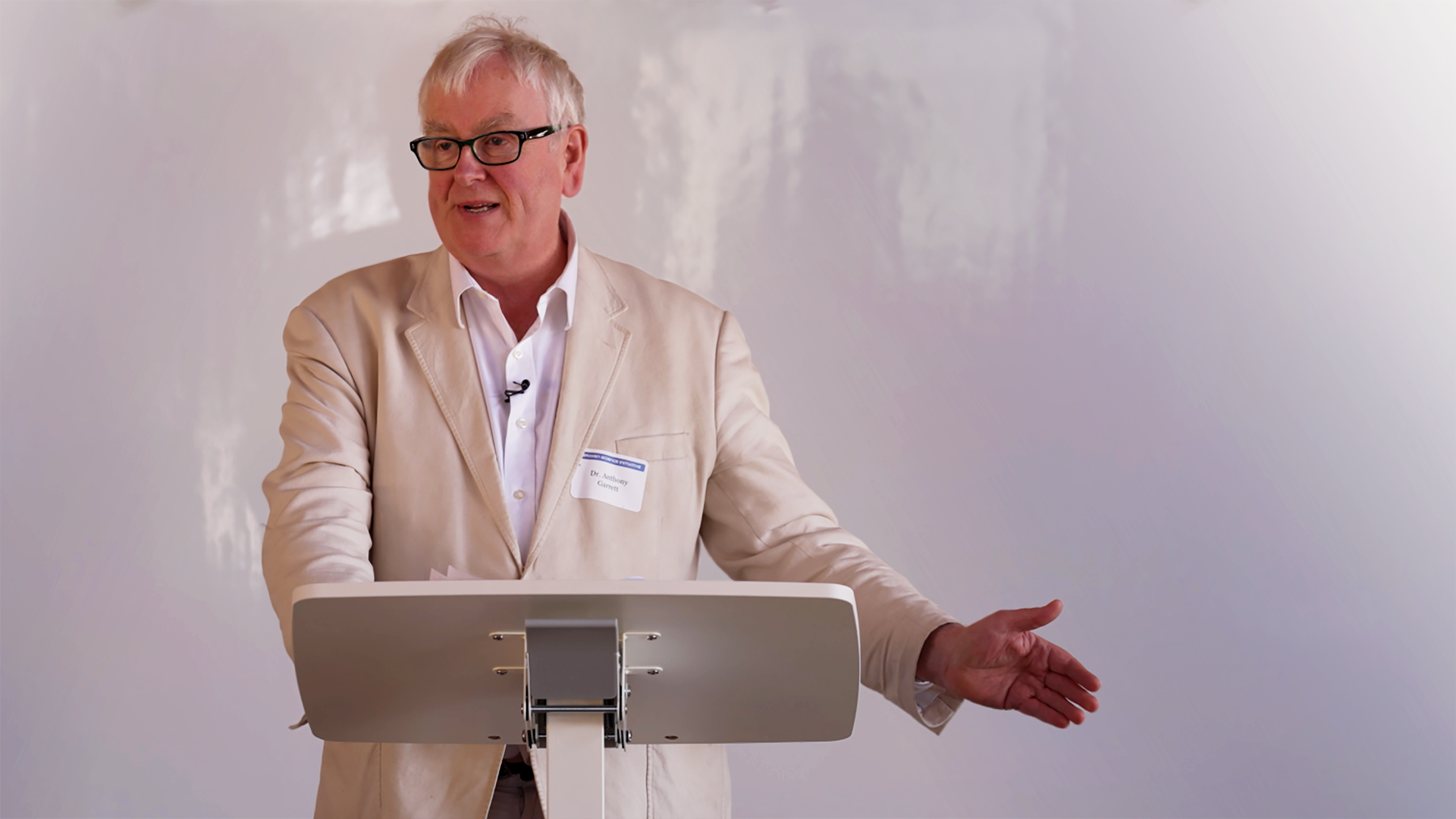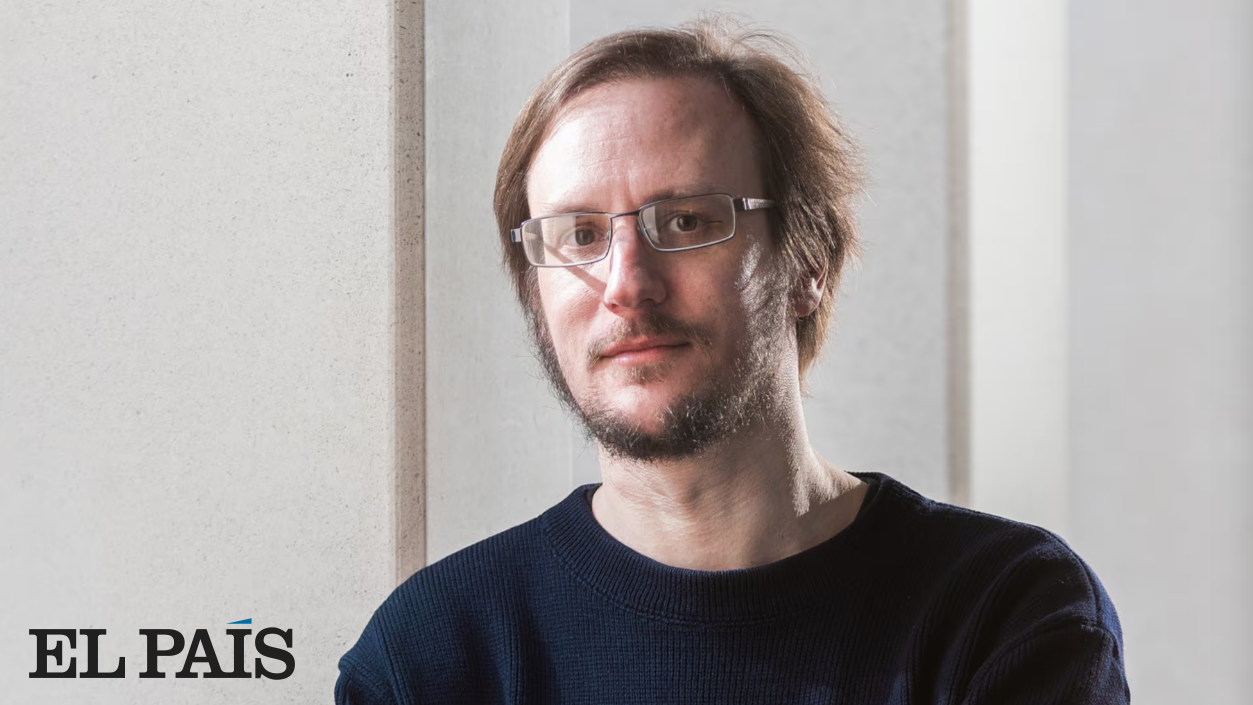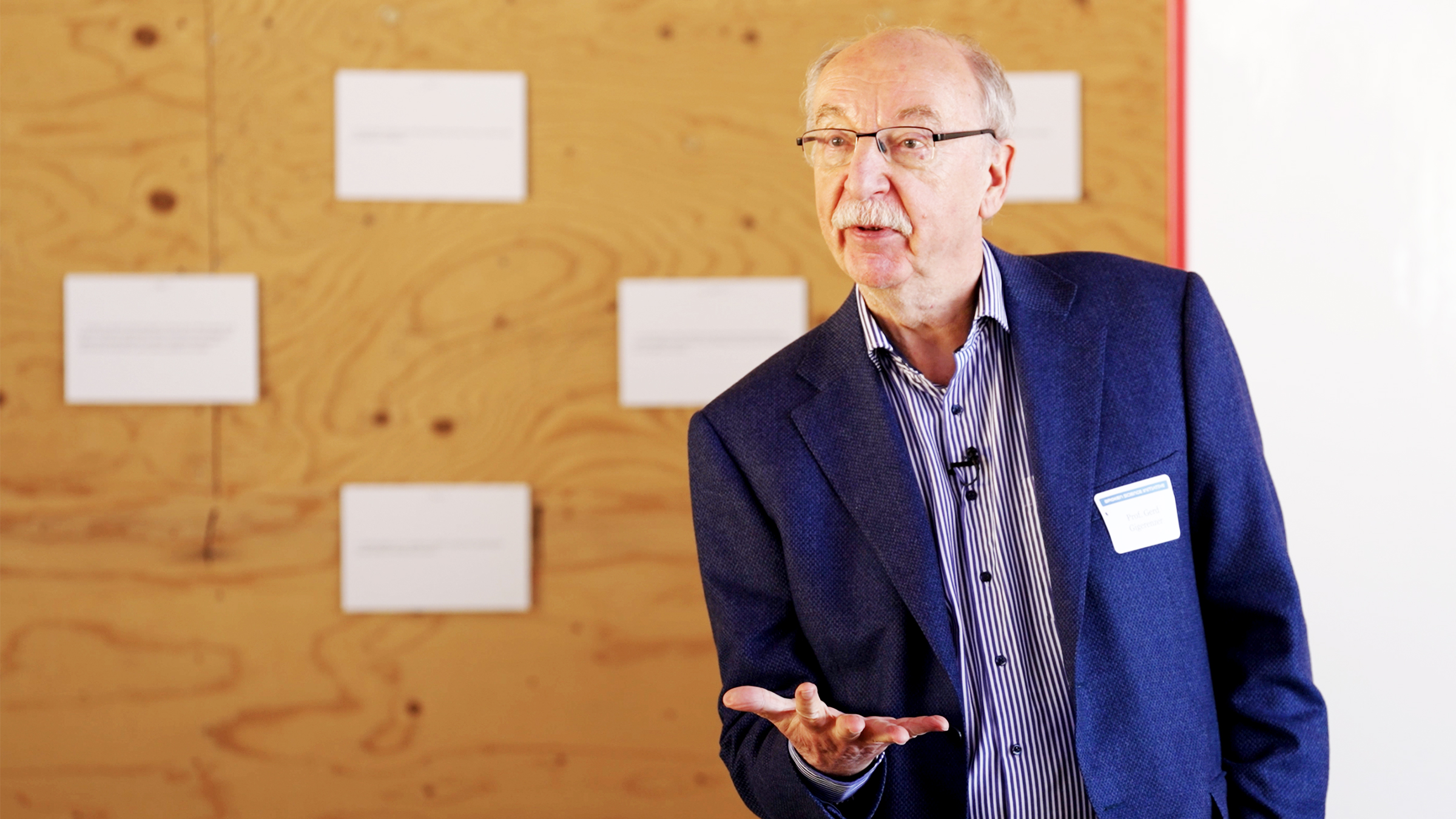Category: Curated Content
Category: Curated Content
Winner of the Regeneron International Science and Engineering Fair in environmental engineering took home $55,000 for first place. Turns out he photoshopped images and data supporting his project.
In March 2020, while still serving as CrossFit CEO, Greg Glassman delivers a version of a talk he had delivered during grand rounds at medical schools around the country. Greg Glassman divides various common causes of death into five categories: chronic, microbic, genetic, kinetic, or toxic.
Wiley to shutter 19 more journals, some tainted by fraud.
Malcolm explains how trials become unblinded, either officially or through indicators in biomarkers.
The ADA just settled an explosive legal case accusing the organization of betraying people with diabetes.
Emily delves into the world of randomized clinical trials, explaining the steps in the process, the limitations of the trials, and common problems.
By Emily KaplanAnthony Garrett delivers a comprehensive lecture, touching on several major themes centered around the principles of probability, scientific methods, and the philosophical underpinnings of science.
A London librarian has analyzed millions of articles in search of uncommon terms abused by artificial intelligence programs.
Gerd dives into the history of statistical analysis in his field of psychology, which has led to a paradigm of rituals, in place of meaningful thought.

